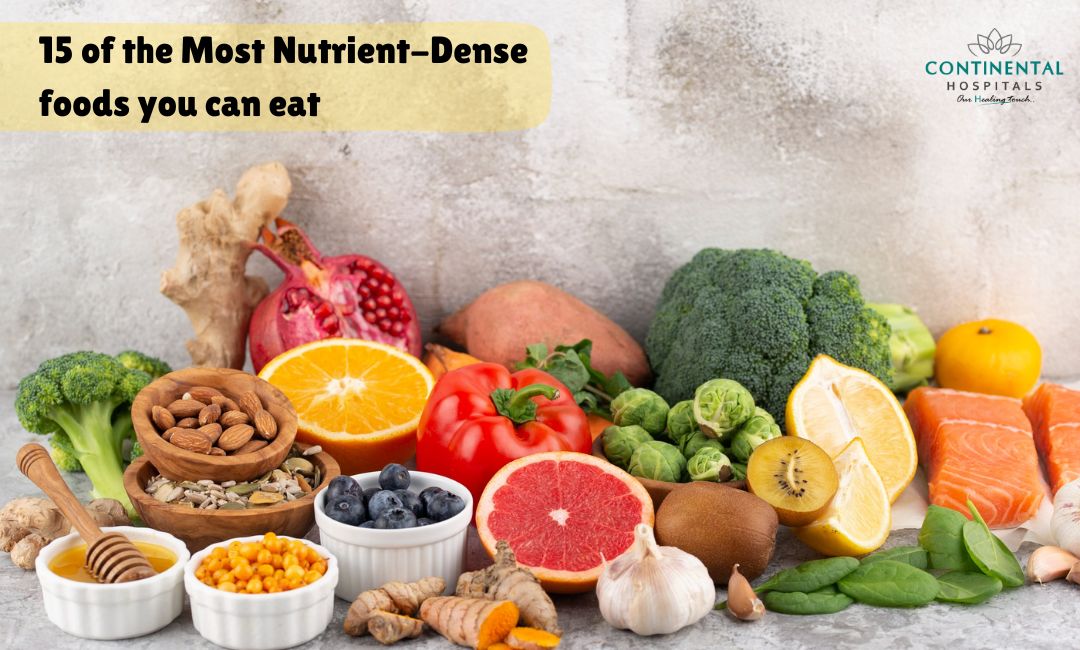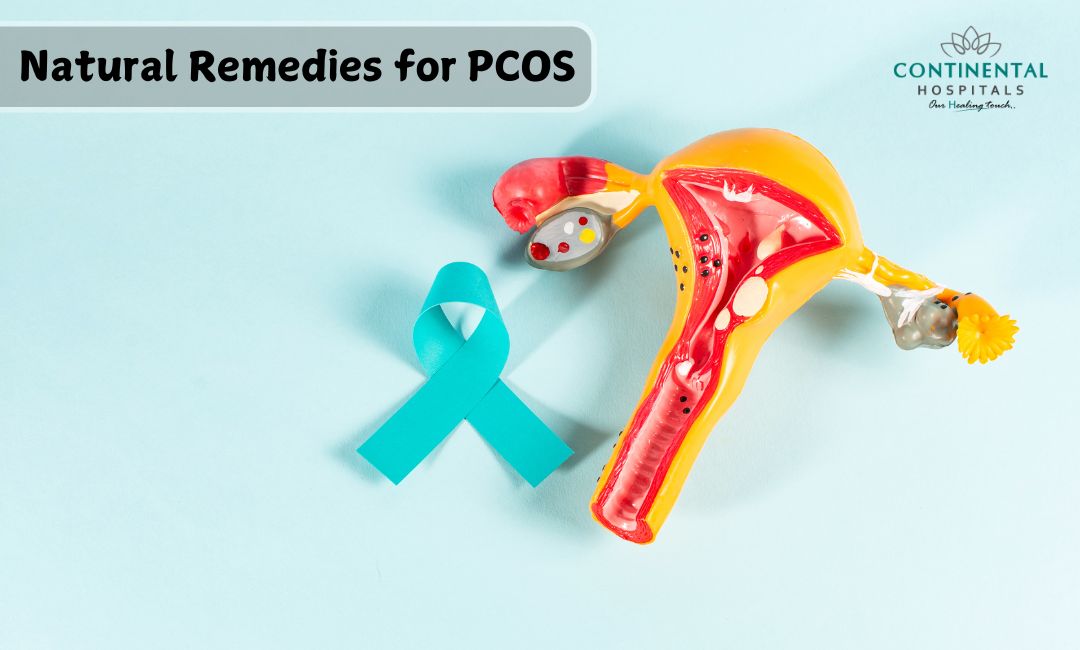When it comes to choosing the right foods for a healthy diet, understanding the concept of nutrient density can help you make better choices. But what exactly is nutrient density, and why is it so important? In this blog, we’ll dive into what nutrient density means, explore the benefits of consuming nutrient-dense foods, and highlight 15 of the most nutrient-dense foods you can include in your diet.
What is Nutrient Density?
Nutrient density refers to the amount of essential nutrients a food provides in relation to its calorie content. Foods that are nutrient-dense offer a high concentration of vitamins, minerals, antioxidants, and other beneficial compounds per serving, with relatively few calories. In simple terms, nutrient-dense foods pack a powerful punch of nutrition without unnecessary calories.
For example, a serving of leafy greens is packed with vitamins A, C, K, and several B vitamins, as well as minerals like calcium and iron, all while being low in calories. On the other hand, a food that is high in calories but low in essential nutrients, like sugary snacks, would not be considered nutrient-dense.
The Benefits of Nutrient-Dense Foods
Supports Overall Health: Nutrient-dense foods provide the essential vitamins and minerals your body needs to function properly, helping to maintain overall health and prevent deficiencies.
Promotes Healthy Weight: Because nutrient-dense foods are often low in calories but high in nutrients, they can help you feel fuller for longer, making it easier to manage your weight.
Boosts Energy Levels: Foods rich in essential nutrients help support optimal energy levels. For instance, foods high in B vitamins are crucial for energy metabolism.
Strengthens Immune System: Nutrient-dense foods, especially those rich in vitamins C and E, as well as antioxidants, help strengthen the immune system and improve your body's ability to fight off infections.
Improves Digestion: Foods high in fiber, which is often found in nutrient-dense options like fruits, vegetables, and whole grains, promote healthy digestion and prevent constipation.
15 of the Most Nutrient-Dense Foods You Can Eat
Here are 15 foods that are exceptionally high in essential nutrients, making them great choices to include in your diet:
Spinach
Packed with vitamins A, C, K, and several B vitamins, as well as iron and calcium. Spinach is also high in antioxidants and low in calories.
Kale
Another leafy green rich in vitamins A, C, and K, along with calcium and potassium. Kale is also loaded with antioxidants.
Quinoa
A whole grain that provides a complete protein source, including all nine essential amino acids. Quinoa is high in fiber, magnesium, and iron.
Blueberries
Rich in antioxidants, vitamins C and K, and fiber. Blueberries support heart health and may improve memory and cognitive function.
Salmon
A fatty fish high in omega-3 fatty acids, which are essential for heart health. Salmon also provides protein, vitamin D, and selenium.
Sweet Potatoes
High in beta-carotene, which the body converts to vitamin A. Sweet potatoes are also a good source of vitamins C and B6, as well as fiber.
Chickpeas
A legume rich in protein, fiber, vitamins B6 and folate, and several minerals including iron and magnesium. Chickpeas help with digestion and support heart health.
Almonds
Packed with healthy fats, vitamin E, magnesium, and fiber. Almonds are great for heart health and can help with weight management.
Avocados
High in monounsaturated fats, vitamins C, E, K, and several B vitamins. Avocados support heart health and help with nutrient absorption.
Broccoli
Rich in vitamins C and K, fiber, and antioxidants. Broccoli supports immune health and may have cancer-fighting properties.
Greek Yogurt
Contains probiotics, protein, calcium, and vitamins B12 and D. Greek yogurt supports gut health and provides a good source of protein.
Lentils
A great source of plant-based protein, fiber, iron, and folate. Lentils help with digestion and support heart health.
Brussels Sprouts
High in vitamins C and K, fiber, and antioxidants. Brussels sprouts support immune function and may help reduce inflammation.
Beets
Rich in vitamins A, C, and several B vitamins, as well as iron and potassium. Beets support healthy blood pressure and improve stamina.
Pumpkin Seeds
Packed with magnesium, iron, zinc, and protein. Pumpkin seeds are beneficial for heart health and help improve sleep quality.
Incorporating These Foods into Your Diet:
- Add leafy greens to salads, smoothies, or sauté with garlic.
- Grill salmon or turkey breast for a protein-packed meal.
- Snack on berries, almonds, or pumpkin seeds.
- Use avocado as a healthy substitute for mayonnaise or butter.
- Incorporate quinoa into meals or as a side dish.
Conclusion
Incorporating nutrient-dense foods into your diet is a powerful way to support overall health, manage weight, and boost energy levels. By focusing on foods that provide a high concentration of essential nutrients per calorie, you can ensure that your body gets the vitamins, minerals, and antioxidants it needs to thrive. From leafy greens and berries to fatty fish and legumes, these nutrient-dense options offer a variety of health benefits and can easily be included in your daily meals. Make these foods a staple in your diet, and you'll be well on your way to a healthier, more balanced lifestyle.
.webp)







